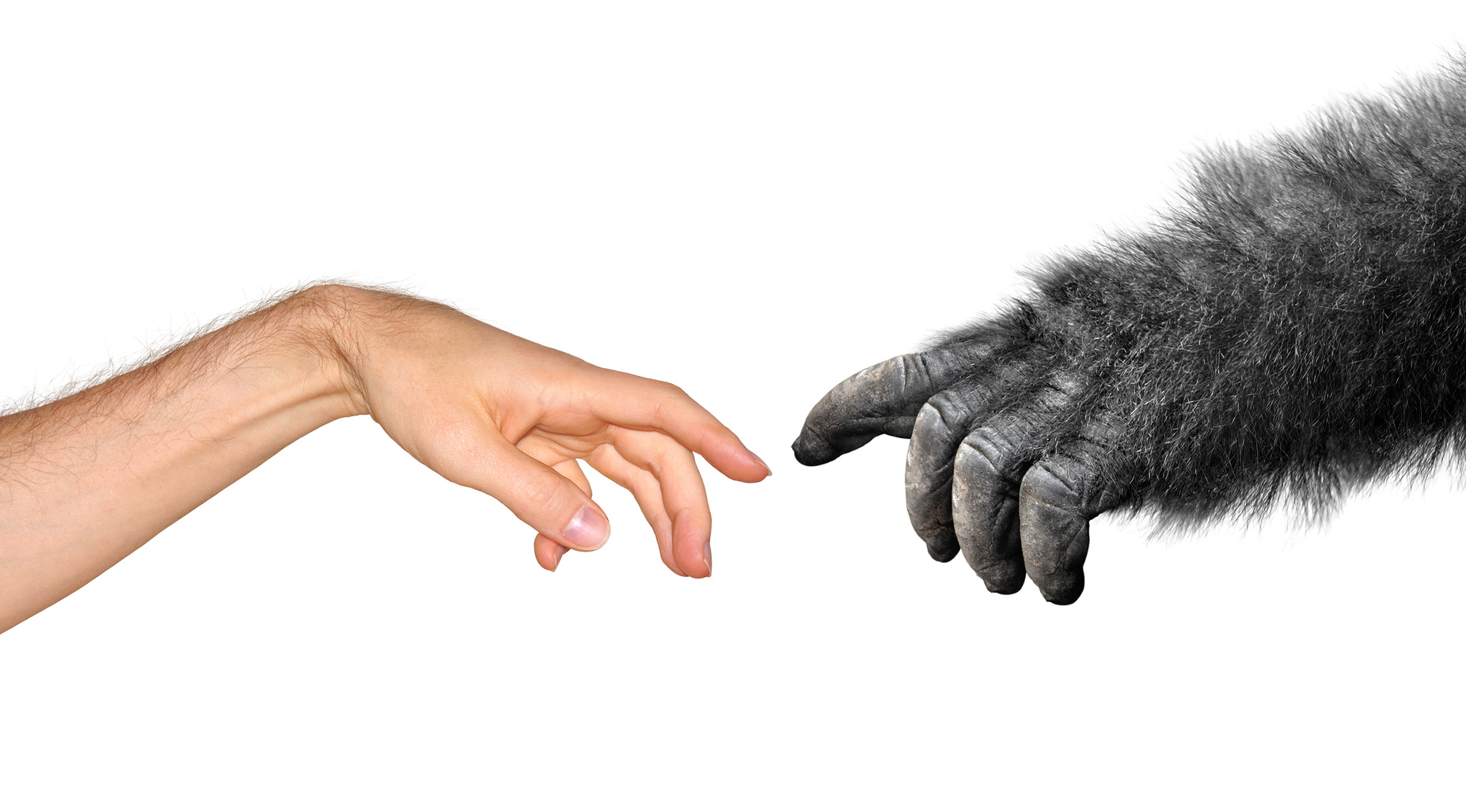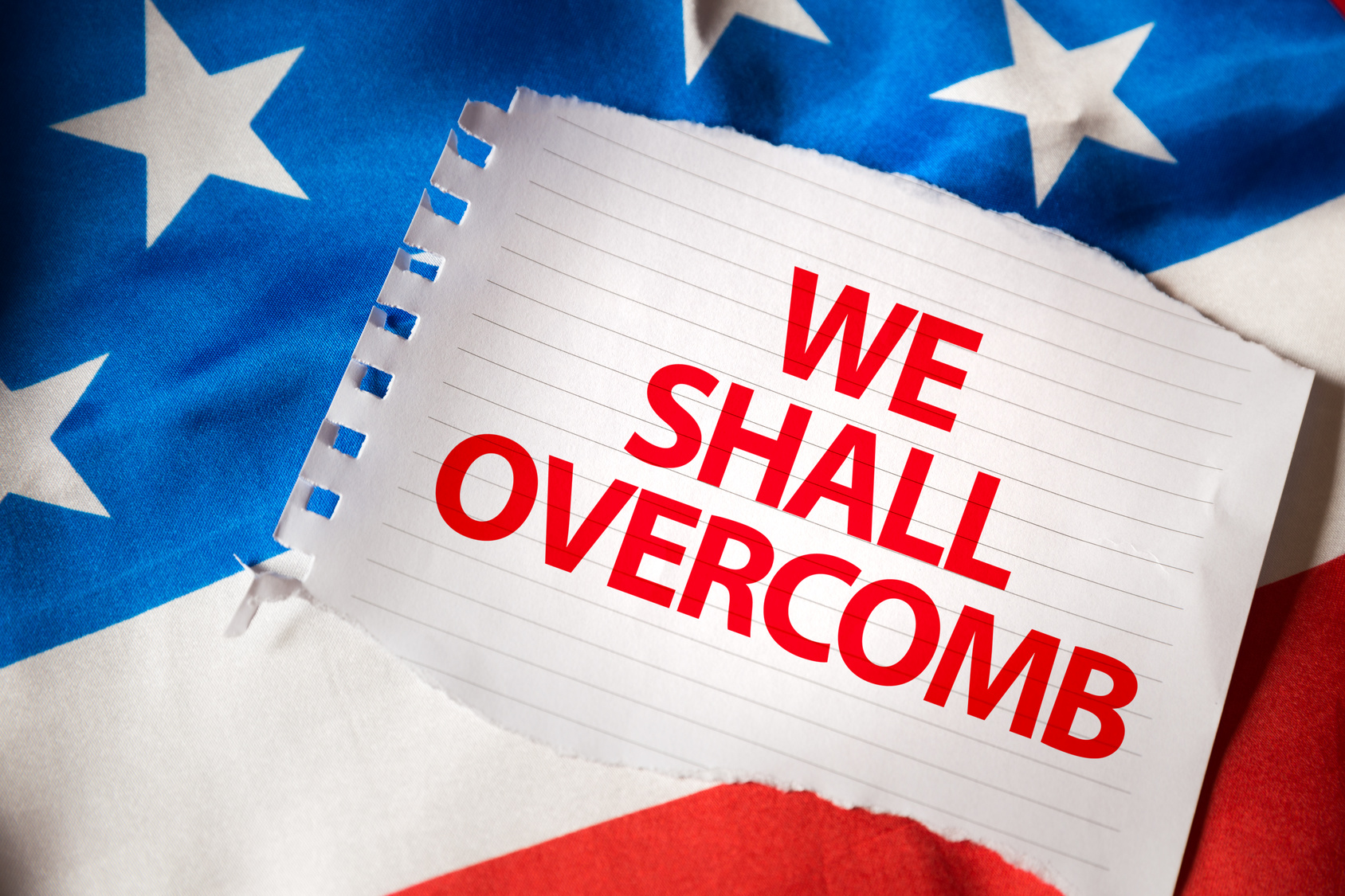61
May 20, 2017
A fascinating cover story in the May 2017 edition of National Geographic suggested to me, inadvertently, that we may embrace religious faith for the same reason we tell lies: both tendencies, however ill-advised, appear to be hard-wired into our being. And related.
In the article, “Why We Lie,” writer Yudhijit Bhattacharjee observed: “Our capacity for dishonesty is as fundamental …

May 13, 2017
Reasonable people can see President Trump’s recent actions as criminal.
When he demanded an oath of loyalty from the chief of a federal probe into his presidential campaign’s alleged collusion with Russia, that’s obstruction of justice. When, failing to get this oath, he then fires the chief, thus beheading the probe, that’s obstruction, too. And when he then threatens to publicly unveil …

May 8, 2017
Sitting in my favorite recliner reading the paper, I was distracted by Razi, my gray tabby, rearranging his sleeping position on my lap.
Of course, I recognize that reading the paper should have precedence over my cat’s predictable habits – he shifts his weight, turns around, often returning to his original position. But I stopped to pay attention because in a holistic sense, Razi was offering

May 1, 2017
A very rapidly growing number of people in the world don’t believe in supernatural beings or realms. In other words, they don’t believe in gods or demons, heavens or hells, the unseen and unsensed, the actuality of what is only imagined.
But they are not necessarily atheists, a word that implies, often unfairly, active antagonism. Untheists are simply unbelievers, …

May 1, 2017
In a sense, religious doubt began with the ancient Greeks, the first to robustly question the concept of divinity.
The death of seminal Greek philosopher Socrates in 399 B.C. was a harbinger of how the consequences of religious skepticism would play out in ensuing millennia. While questioning the consensus “truth” of just about everything in his day, Socrates, fatally it turned out, …

Feb 17, 2017
The proposed Senate legislation known as SB 55 is not about improving the teaching of science in South Dakota schools, as its language would deceitfully have us believe. It is about protecting teachers from consequence if they choose to teach religion in science classes under the guise of so-called “creation science.
Creation science” is a term adopted by Christian science …

Feb 10, 2017
Has it really been nearly a century since the curious 1925 Scopes “Monkey Trial” played out in a steamy courtroom in Dayton, TN, pitting science against old time Christian religion?
Could’ve fooled me.
Just last month, the South Dakota Senate voted 23-12 in favor of SB 55, a bill that would protect teachers from penalty if they were to corrupt science by teaching religiously derived nonscience …

Nov 19, 2016
The election of racist, misogynist, reading-averse Donald J. Trump as the United States’ 45th president was actually assured centuries ago when Western educators stopped teaching classical philosophy as essential.
It happened after the European Enlightenment’s once-bright promise dimmed and philosophy’s educational imperative waned, marooning the revolutionary intellectual innovations …

Mar 22, 2014
I love this still-pretty-new pope, and I’m not even religious. He jokes around. He cusses (although accidentally and in a second language, but it’s still a hoot). He washes the feet of prisoners. He lambastes preening, self-important princes of the church as “peacocks and crusaders.” He dismisses rule-obsessed Catholic scolds as “sourpusses.” He chooses to wear sensible, black shoes …

Feb 6, 2014
Critical thinking.
Few skills are more powerful, but, even in 21st century America, it’s an aptitude not easily acquired — often for the same reason that pioneering Italian scientist Galileo Galilea was nearly put to death by the Roman Inquisition nearly 400 years ago. Galileo’s crime? Critical thinking.
Galileo promoted novel cosmic theories that not only challenged but threatened to vaporize …











Recent Comments